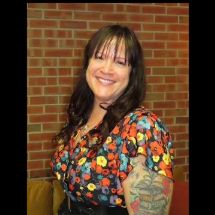Grief and depression can feel similar at times, but they're not the same experience—even though they may share certain symptoms, like deep sadness, sleep disturbances, or loss of appetite.
Grief is a natural response to loss. It often comes in waves and may be closely tied to reminders of the person or situation you've lost. In the midst of grief, you might still find moments of connection, meaning, or even laughter. You may feel sadness, but also gratitude, love, or hope. Grief is painful, but it's typically anchored to a specific event and tends to evolve over time.
Depression, on the other hand, tends to be more pervasive. It can feel like a heavy fog that lingers without clear cause. You might lose interest in nearly everything, struggle with a persistent sense of hopelessness or emptiness, and feel numb rather than just sad. Unlike grief, which often preserves your sense of identity and purpose, depression can make it feel like those things are slipping away.
That said, the two can overlap. Sometimes grief triggers depression—especially if the loss is traumatic, unresolved, or compounded by other stressors. This is where grief counseling or therapy for grief and loss can help. A trained grief therapist can support you in making sense of your emotional landscape, distinguishing between healthy grieving and signs of depression, and getting the care that fits your specific experience.
There's no shame in grieving—or in needing help when it becomes too much to bear on your own.













